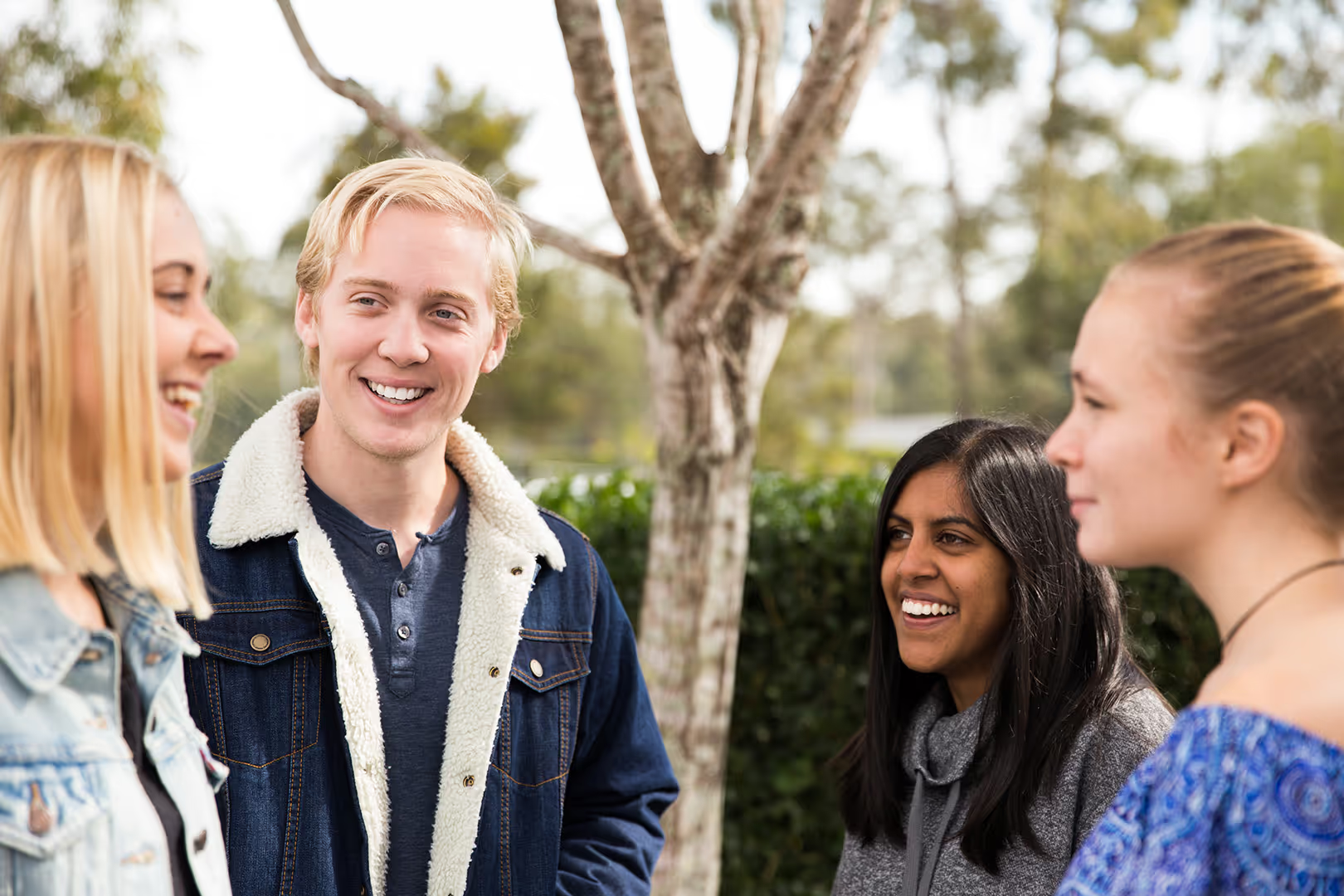Bachelor
of Counselling
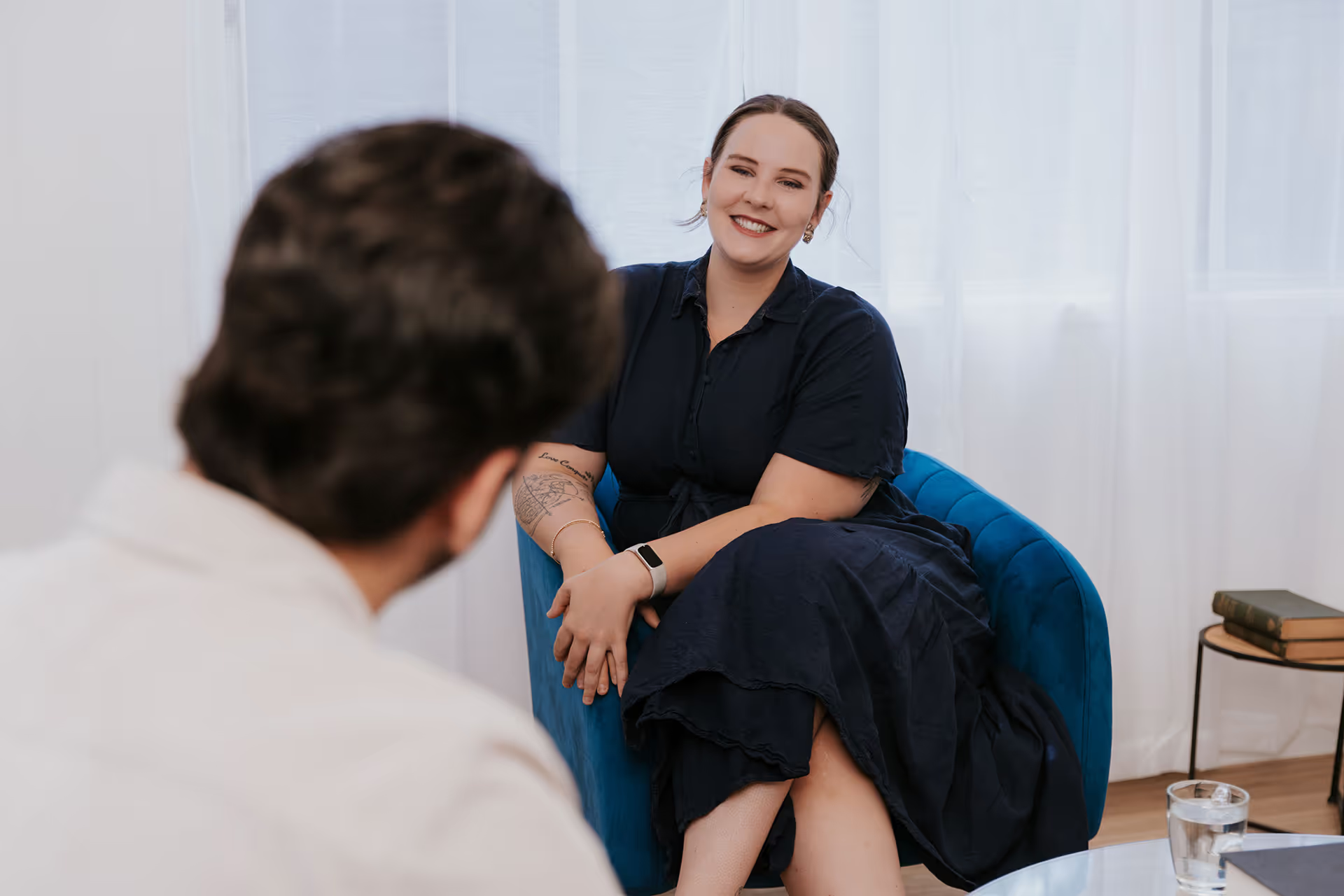
February/July Intakes
Bachelor of Counselling – On Campus and External/Online
Course Details Bachelor of Counselling
The Bachelor of Counselling is designed to equip students with the knowledge, counselling skills and experience necessary to work ethically, sensitively, inclusively and respectfully with clients from diverse backgrounds. As well as incorporating foundational understandings, the Bachelor of Counselling includes opportunities for critical reflection on counselling theory and practice, and in-depth engagement with key areas and issues of counselling. Students are able to engage with the course through flexible study modes.
Students who successfully complete the Diploma of Social Science may articulate to the Bachelor of Counselling. Students who are enrolled in the Bachelor of Counselling may exit with the Diploma of Social Science, subject to the completion of course rules.
Duration
3 years full-time
6 years part-time
Commencing
Semester 1
Semester 2
QTAC Code
094601
CRICOS Code
076206B
Mode
On campus, External/Online
Course Code
SS18
Minimum Selection
Rank (ATAR/RANK)
65.00/70
Career outcomes from a Bachelor of Human Counselling
A Social Science degree at CHC prepares you to serve with compassion, insight, and purpose wherever people need care, support, and advocacy. Grounded in a Christian values, our graduates are equipped to understand the complexities of human behaviour and respond with empathy and wisdom. Whether working in counselling, community services, or the broader social sector, a career in Social Science can bring hope, healing, and justice into the lives of others.

Admissions Criteria
I am an applicant with:
Applicants who have completed secondary education in the last two years and who are aged 17 years or over, are eligible for admission to this course.
Applicants with vocational education and training (VET) study of at least a completed Certificate III (with a GPA of at least 4.0, where applicable) and who are aged 17 years or over, are eligible for admission to this course.
Applicants with completed higher education study, and applicants with higher education study of at least one semester (full-time equivalent) who wish to transfer to or within CHC, are eligible for admission to this course.
Applicants with work and life experience who demonstrate readiness for higher education, including successful completion of the Special Tertiary Admission Test (STAT), are eligible for admission to this course.

English language proficiency
Applicants for whom English is not their first language must provide certified documentary evidence that their secondary schooling, or tertiary studies of at least one year, was conducted in the English language or they have satisfactory results in an acceptable English Language Proficiency examination (see table below). Results are to be no more than two years old as at the commencement of the course of study.

What to expect
CHC’s Bachelor of Counselling offers flexible study options, full-time, part-time, on campus, online, or a combination to suit your lifestyle. Classes are available during the day or evening, providing flexibility. The program combines academic rigour with practical, research-informed training, emphasising the development of counselling skills and personal growth. It integrates current research in mental health and interpersonal neurobiology to ensure graduates possess relevant, real-world knowledge. The degree is accredited by the Psychotherapy and Counselling Federation of Australia (PACFA). This means graduates can become provisional members of PACFA or join PACFA through a member association such as the Christian Counsellors’ Association. As of 2024, the Bachelor of Counselling will be accredited by the Australian Counselling Association (ACA.) Please refer to the ACA website for the most up to date information.
The Bachelor of Counselling consists of 24 units:
The Bachelor of Counselling consists of 24 units – 2 Christian Studies units, 7 Professional Studies units, 13 Counselling units and 2 Elective units.
To develop their counselling skills, students also complete 200 hours, 20 hours of their own counselling, 5 site visits to counselling organisations and 15 hours of external professional development events. Students must apply for a Blue Card (or equivalent) within the first six months of starting their course.
In planning their courses, students must consult the Social Sciences Courses Guide for information regarding course rules and requirements, including unit prerequisite requirements.
Unit outlines available early 2026.
Explore your study fee options with us
Find Out More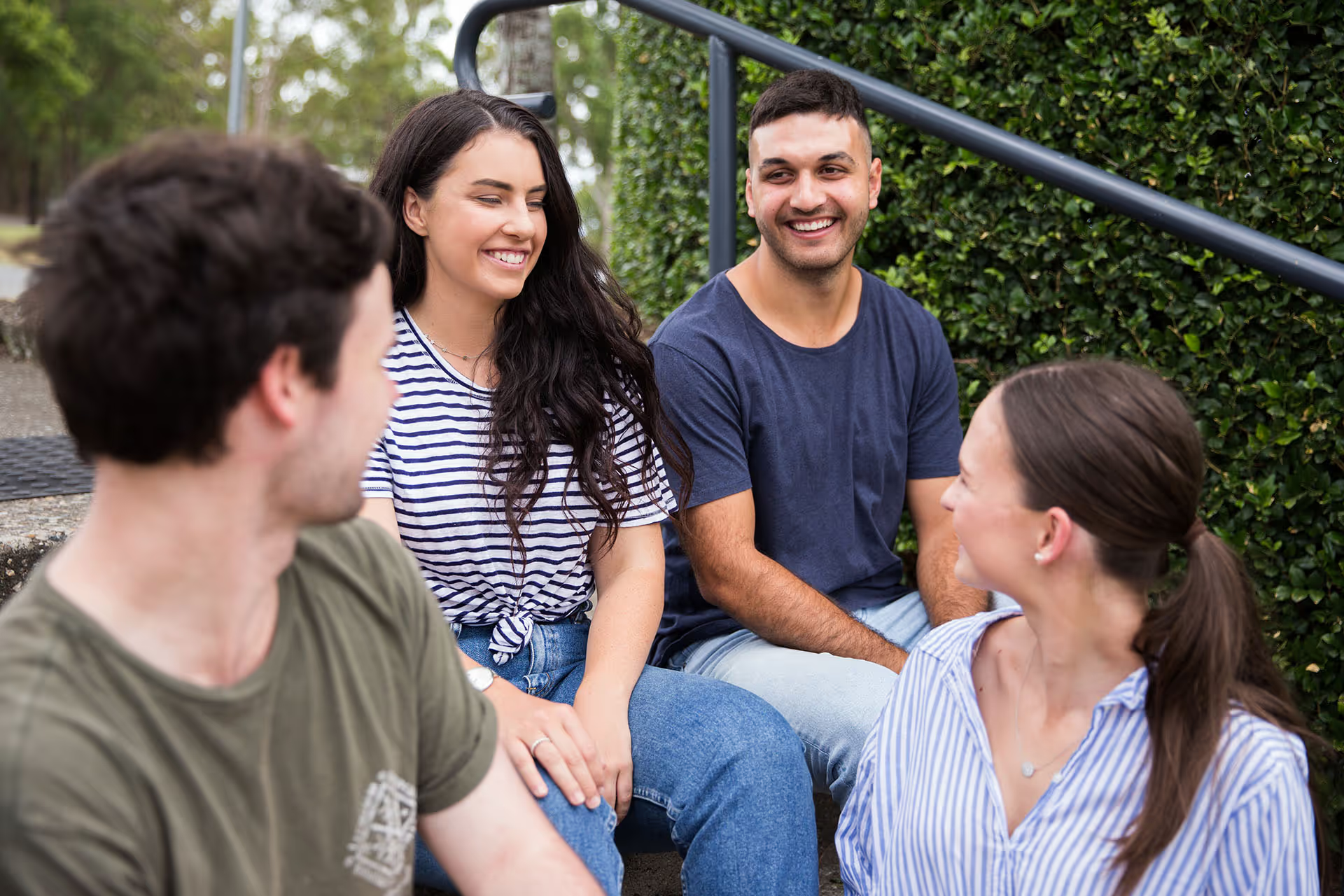
CHC offers a range of scholarships; find out if you're eligible!
Find Out More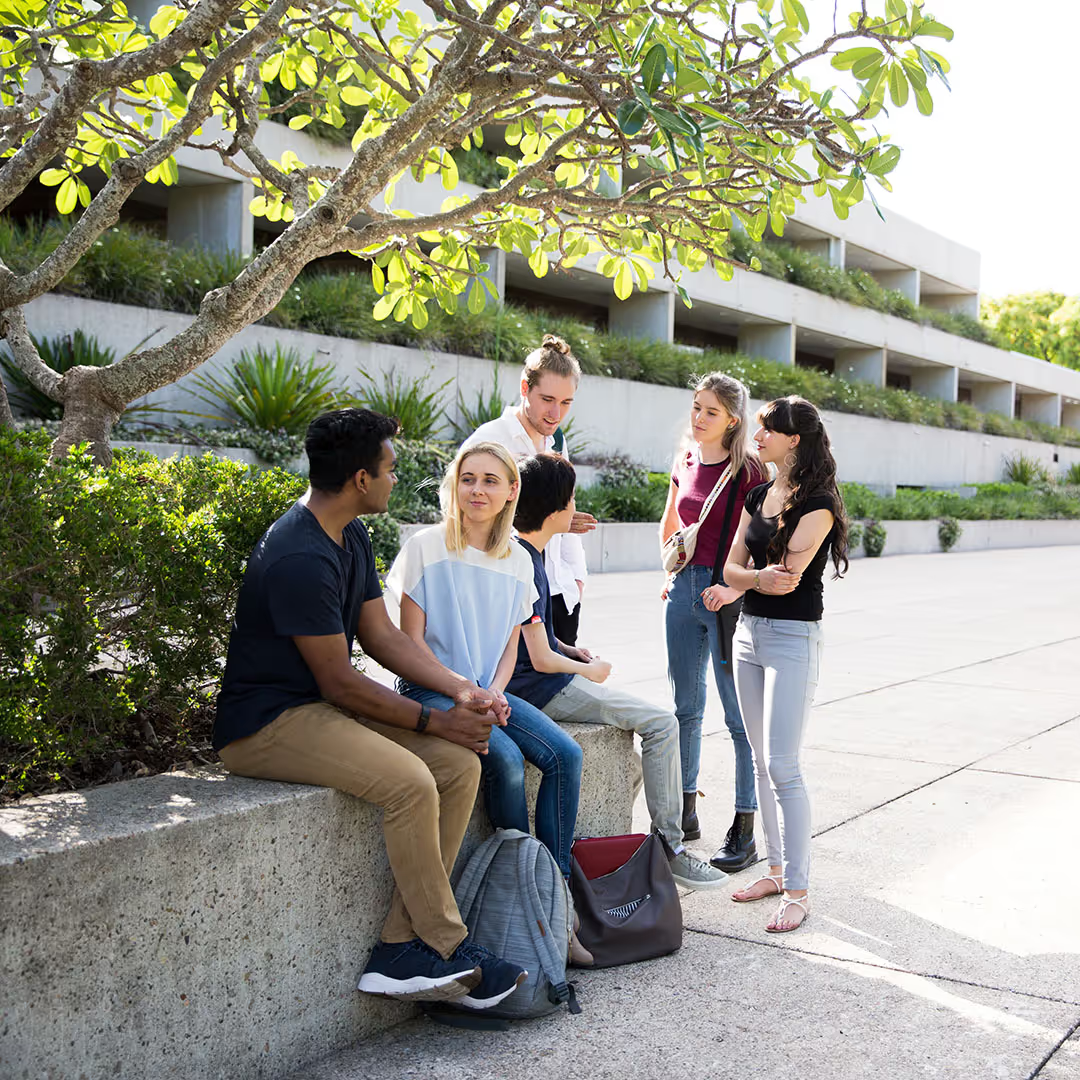
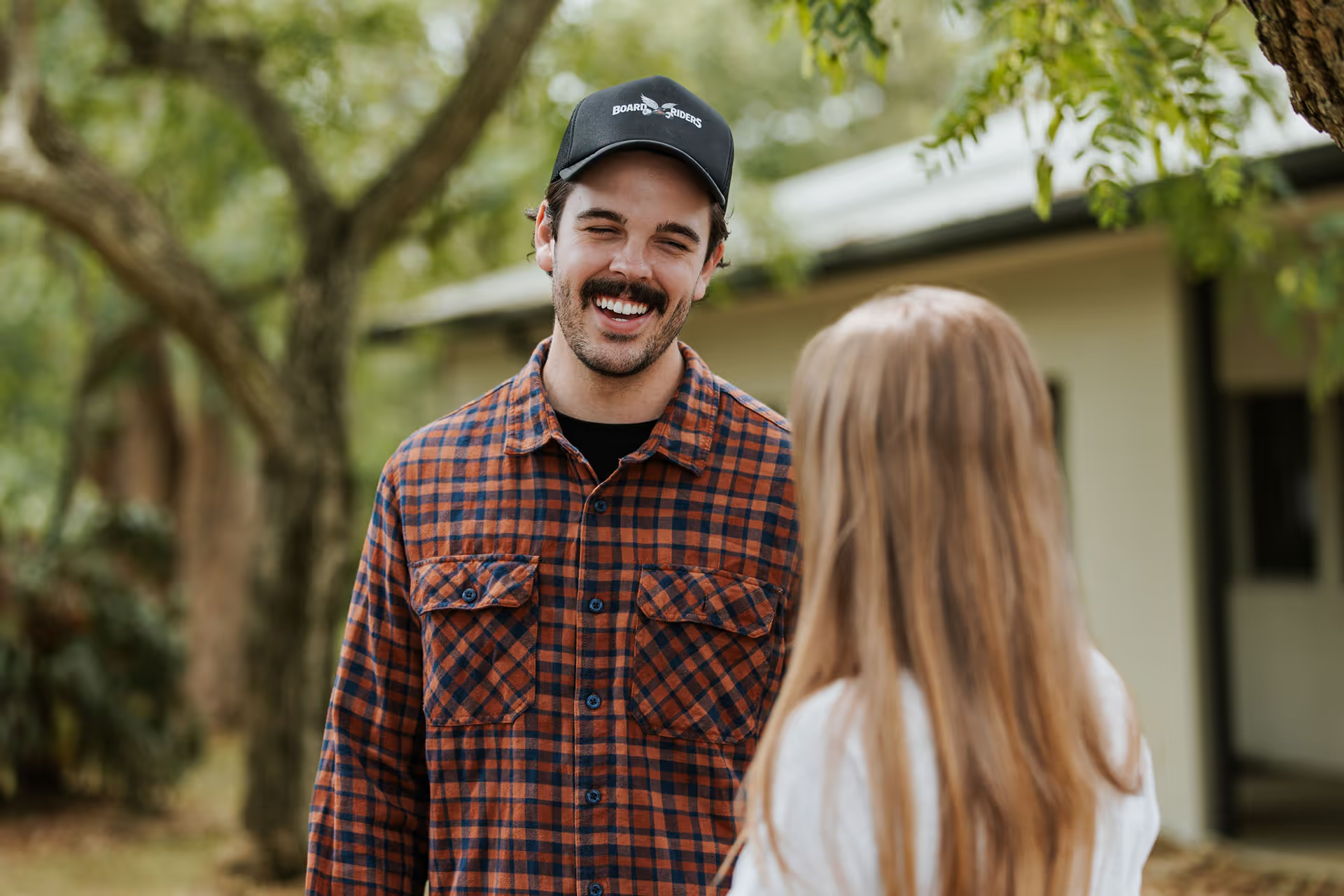
Find out how to apply
Regardless of whether you have recently completed secondary education or have vocational education and training (VET) study, higher education study, or work and life experience, the process of applying for admission to CHC will depend on whether your preferred course is an undergraduate course or a postgraduate course, and whether you are a domestic student or an international student.
Experience campus life by booking a tour
Curious about campus life before making your decision? Let one of our friendly staff guide you through everything CHC has to offer. Come and explore our vibrant community, facilities, and supportive environment firsthand.
